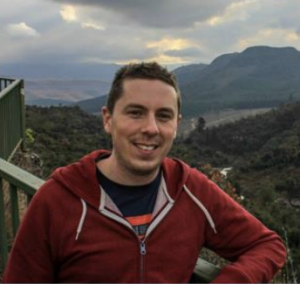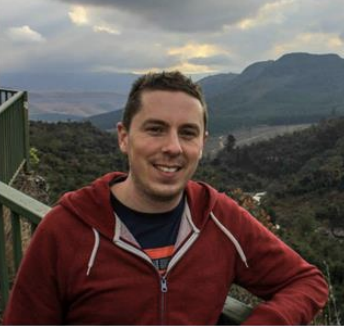Dr. Jared McDonald, historian at the University of the Free State, South Africa
Thursday, Sept. 6, 2018
12:30 - 1:45 p.m.
Belk Library Information Commons, Room 421
This event is free and open to the public.
Dr. Jared McDonald will be holding a public lecture on the issues of “Land, labour and migration in Qwaqwa, South Africa.” The talk situates Qwaqwa’s current challenges of high unemployment, low economic growth and continuing dependence on migrant and commuter labour within the historical context of the region. McDonald will highlight important lessons for the current debate around land, access and economic opportunity for marginalized communities.
McDonald is a historian, the Assistant Dean of the Faculty of Humanities and the acting Vice-Principal: Academic & Research on the Qwaqwa Campus of the University of the Free State. McDonald obtained his Ph.D in History from the University of London, having previously studied at the Universities of Cape Town and Johannesburg. He works on histories of settler colonialism, genocide, migration and identity.
Qwaqwa is situated in the Free State province of South Africa, near the border of Lesotho. The surrounding region forms part of the Maloti-Drakensberg mountain range, a UNESCO World Heritage Site. Qwaqwa was formed as an apartheid homeland for the Southern baSotho in 1974. In the 1970s and 1980s the population of Qwaqwa grew significantly as a result of in-migration associated with: forced removals from Orange Free State towns, increased job redundancy in the farming sector due to the mechanization of farm labour and an influx of political refugees from neighbouring Lesotho. The majority of new inhabitants in Qwaqwa could not secure sustainable livelihoods in the designated homeland. As such, migrant and commuter labour became necessary, providing employment and setting in place a remittance network, which proved essential for the generation of income in Qwaqwa. The history of Qwaqwa during this period demonstrates the central role which migration, both in and out, has played in shaping the social landscape.
The homeland status of Qwaqwa was dissolved with the introduction of democracy in South Africa in 1994, at which time the administrative and judicial authorities moved to the provincial capital of Bloemfontein. Since the early 1990s, Qwaqwa has experienced de-industrialization and a substantial increase in informal trading. Migrant and commuter labour remains an important livelihood stream for many residents.
This lecture is brought to you by the Center for Appalachian Studies. For more information, contact Dr. William Schumann (schumannwr@appstate.edu).
About the Center for Appalachian Studies
The Center for Appalachian Studies promotes public programs, community collaboration, civic engagement and scholarship on the Appalachian region. The center is committed to building healthy communities and deepening knowledge of Appalachia’s past, present and future through community-based research and engagement. Learn more at https://appcenter.appstate.edu.
###
Sept. 4, 2018
Andrew Scott
BOONE, N.C.

